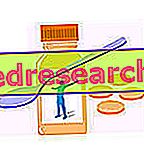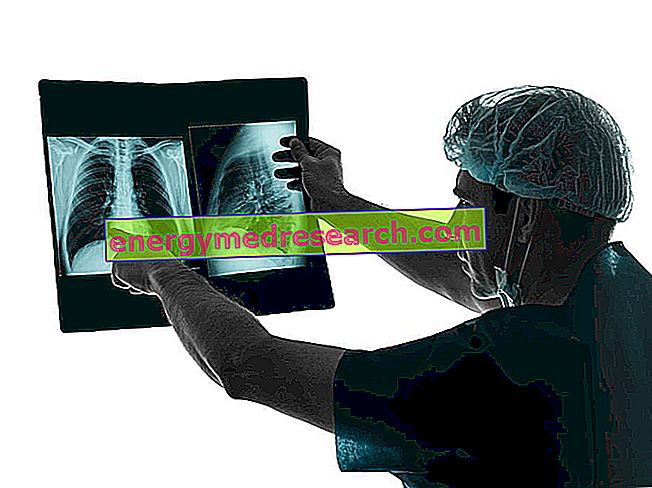Definition
Myoclonus is an involuntary, abrupt and swift muscle contraction generated by the nervous system.
This manifestation can vary due to the appearance (spontaneous or induced by a stimulus), the frequency (irregular or periodic) and the distribution (focal, segmental, multifocal or generalized).
- Focal: affects a single part of the body;
- segmentary: it affects two or more parts of the adjacent body;
- generalized: affects a lower limb and another part of the body;
- multifocal: two or more non-contiguous parts are affected.
Myoclonus occurs in diseases of the central nervous system (CNS) of degenerative origin (eg Parkinson's disease and Huntington's disease) and in some forms of dementia (Alzheimer's and Creutzfeldt-Jakob disease). In other cases, it results from hypoxic-ischemic or traumatic brain damage.
Myoclonus also appears during systemic metabolic or toxic conditions, such as hypercapnia, hypoglycemia, hepatic decompensation, kidney failure, electrolyte imbalance or drug intoxication.
Other causes include some forms of epilepsy and viral encephalopathies (eg herpes simplex encephalitis) or toxic (exposure to DDT and heavy metals).
In physiological conditions, the myoclonus can manifest itself during the initial phase of sleep, before falling asleep ( nocturnal myoclonus ).
Possible Causes * of Myoclonus
- AIDS
- Night apnea
- COPD
- Heat stroke
- Encephalitis
- Herpes simplex
- Stroke
- Heart failure
- Kidney failure
- Respiratory failure
- Adrenal insufficiency
- Cerebral ischemia
- Creutzfeldt-Jakob disease
- Huntington's disease
- Alzheimer's disease
- Parkinson's disease
- Neuroblastoma
- Multiple sclerosis
- Tuberous sclerosis
- Heart failure
- Serotonin syndrome



